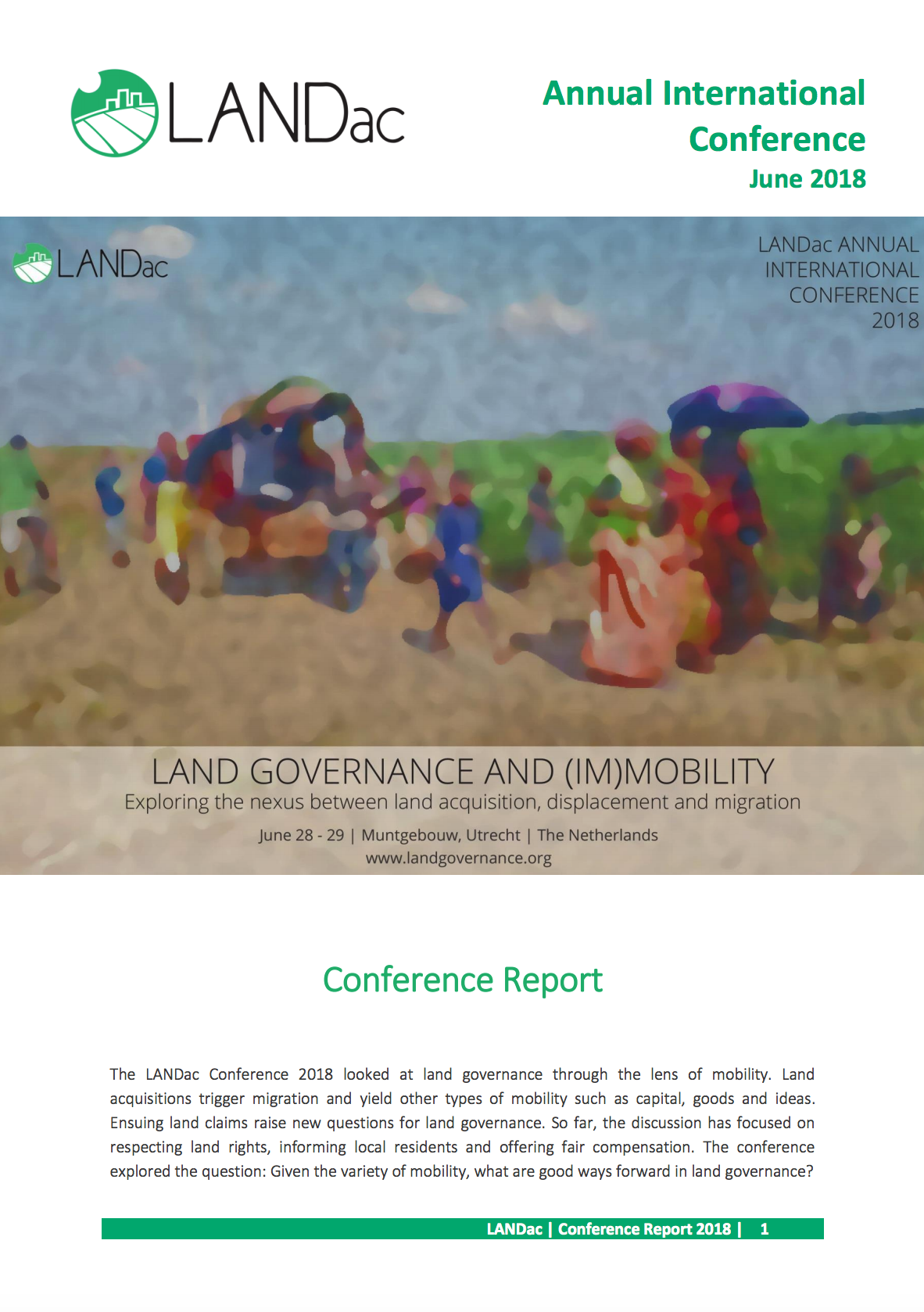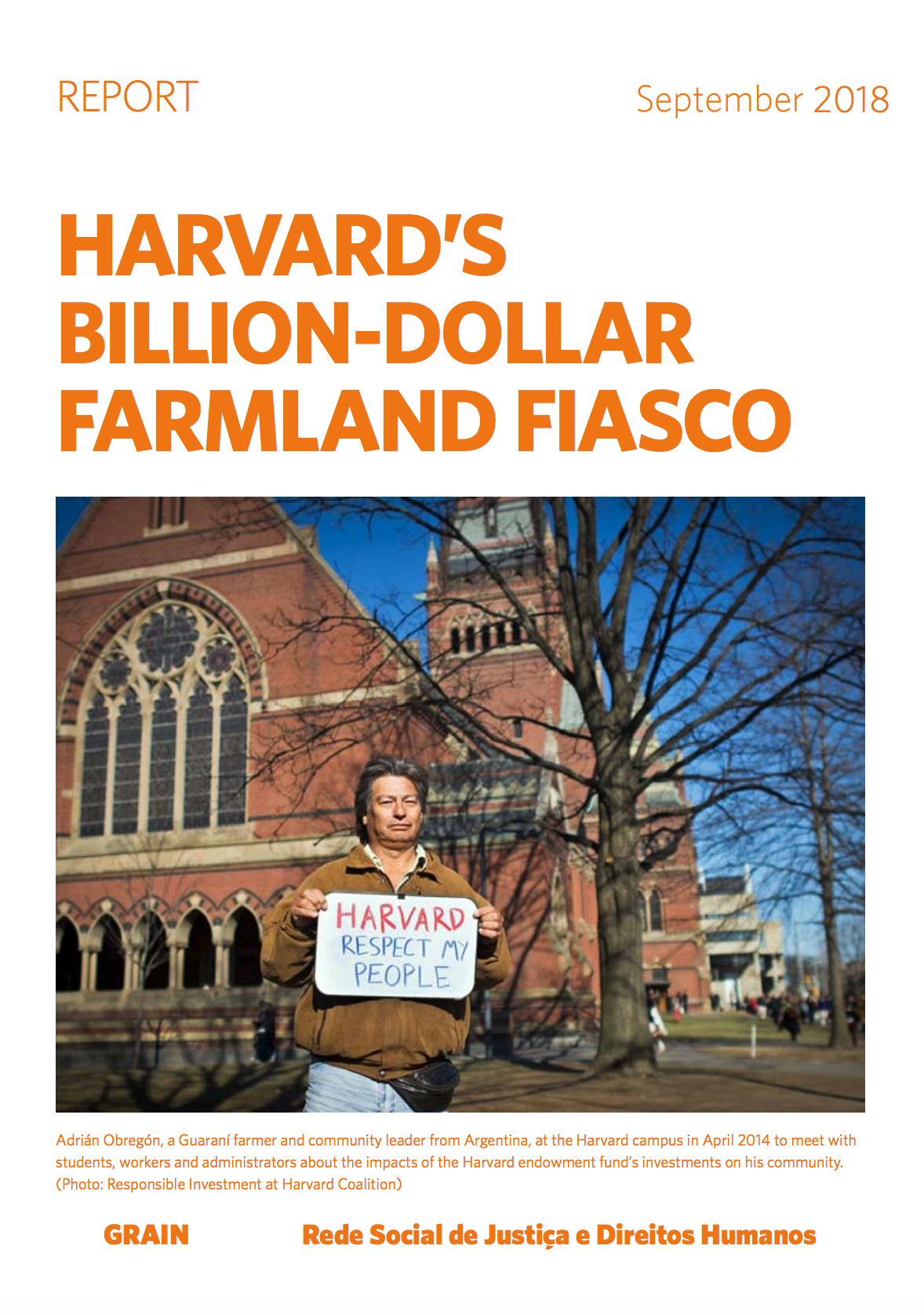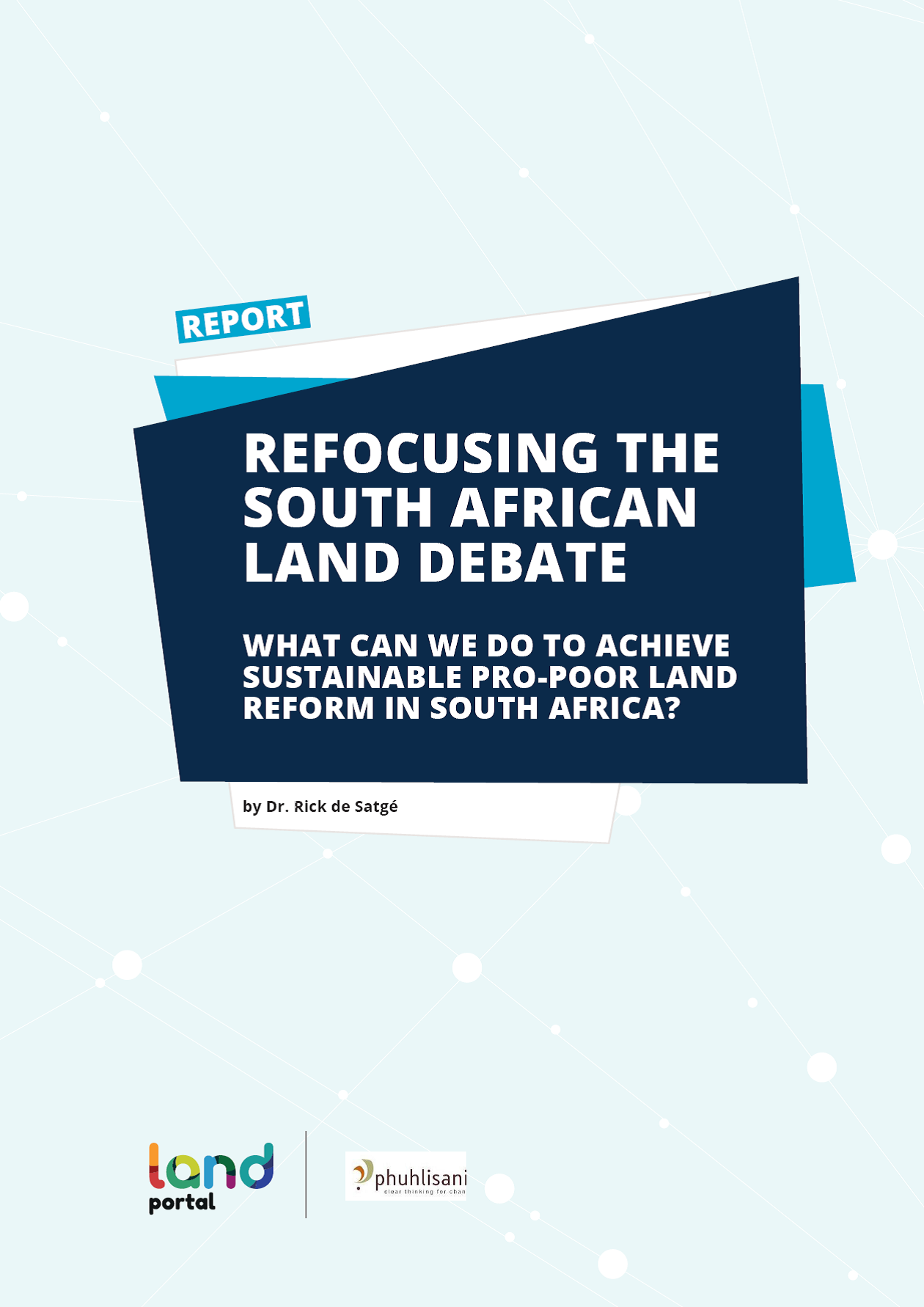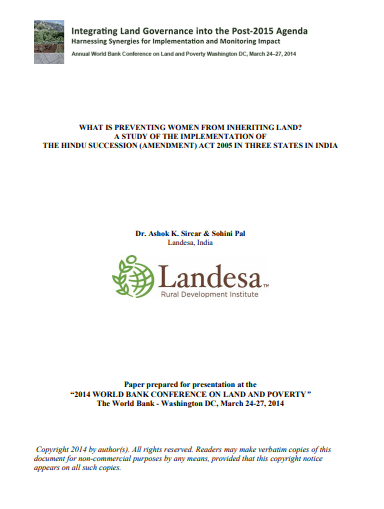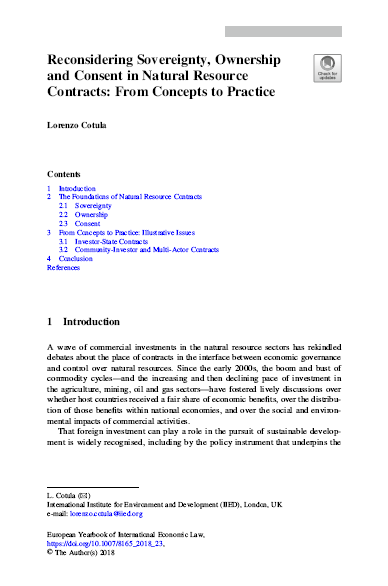Understanding land acquisitions in Namibia’s communal land: Impacts and policy implications
Members of rural communities in Namibia often lack a basic understanding of what their user rights and responsibilities are under the Communal Land Reform Act and are also unaware of their rights to object to a proposed land allocation or to appeal a decision once made. The large-scale acquisition of land for agriculture and conservation projects often displace local communities or reduce their access to control and ownership of key resources due to the gaps between good legislation and inadequate implementation and enforcement.


